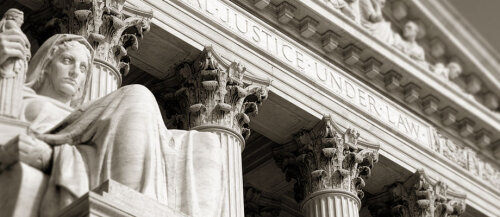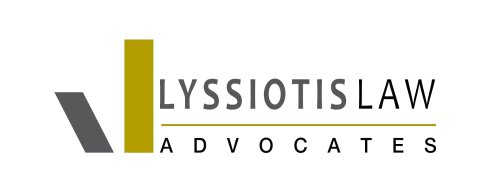Best Trusts Lawyers in Nicosia
Share your needs with us, get contacted by law firms.
Free. Takes 2 min.
List of the best lawyers in Nicosia, Cyprus
About Trusts Law in Nicosia, Cyprus:
Trusts in Nicosia, Cyprus are governed by the Trustee Law, Cap 193, which was enacted in 1955 and has since been amended to align with international standards. A trust is a legal arrangement whereby a person (the settlor) transfers assets to a trustee, who holds and manages them on behalf of the beneficiaries. Trusts are commonly used for estate planning, asset protection, and charitable purposes.
Why You May Need a Lawyer:
There are several situations where you may require legal assistance in the field of Trusts in Nicosia, Cyprus. These include creating a trust, understanding your rights and obligations as a trustee or beneficiary, resolving disputes related to trusts, and ensuring compliance with local laws and regulations.
Local Laws Overview:
In Cyprus, trusts are primarily regulated by the Trustee Law, Cap 193, which sets out the legal framework for the establishment and administration of trusts. The law requires trustees to act in the best interests of the beneficiaries, exercise due diligence, and maintain accurate records. Trusts in Cyprus are subject to taxation at a favorable rate, making the jurisdiction attractive for international trust planning.
Frequently Asked Questions:
1. What is a trust?
A trust is a legal arrangement where assets are transferred to a trustee to hold and manage for the benefit of the beneficiaries.
2. Who can create a trust in Cyprus?
Any person who is of sound mind and legal age can create a trust in Cyprus.
3. What are the different types of trusts in Cyprus?
Common types of trusts in Cyprus include discretionary trusts, fixed trusts, charitable trusts, and purpose trusts.
4. How are trusts taxed in Cyprus?
Trusts in Cyprus are subject to taxation at a favorable rate, with certain exemptions and deductions available for qualifying trusts.
5. What are the duties of a trustee in Cyprus?
Trustees in Cyprus have a duty to act in the best interests of the beneficiaries, exercise due diligence, and comply with the terms of the trust deed.
6. Can a trustee be removed or replaced in Cyprus?
Yes, a trustee can be removed or replaced in Cyprus through legal procedures outlined in the Trustee Law.
7. How can disputes related to trusts be resolved in Cyprus?
Disputes related to trusts in Cyprus can be resolved through mediation, arbitration, or litigation in the courts.
8. Are foreign trusts recognized in Cyprus?
Yes, foreign trusts are recognized in Cyprus, and the jurisdiction offers a favorable environment for offshore trust planning.
9. How can I protect my assets through a trust in Cyprus?
Creating a trust in Cyprus can help protect your assets from creditors, legal claims, and inheritance disputes.
10. How can I set up a trust in Cyprus?
To set up a trust in Cyprus, you will need to consult with a legal advisor who specializes in trusts to draft a trust deed and fulfill all legal requirements.
Additional Resources:
For further information on trusts in Cyprus, you can refer to the Cyprus Bar Association, the Ministry of Finance, and reputable law firms specializing in trust law.
Next Steps:
If you require legal assistance in the field of trusts in Nicosia, Cyprus, it is advisable to consult with an experienced lawyer who can provide personalized advice and guidance based on your specific needs and circumstances.
Lawzana helps you find the best lawyers and law firms in Nicosia through a curated and pre-screened list of qualified legal professionals. Our platform offers rankings and detailed profiles of attorneys and law firms, allowing you to compare based on practice areas, including Trusts, experience, and client feedback.
Each profile includes a description of the firm's areas of practice, client reviews, team members and partners, year of establishment, spoken languages, office locations, contact information, social media presence, and any published articles or resources. Most firms on our platform speak English and are experienced in both local and international legal matters.
Get a quote from top-rated law firms in Nicosia, Cyprus — quickly, securely, and without unnecessary hassle.
Disclaimer:
The information provided on this page is for general informational purposes only and does not constitute legal advice. While we strive to ensure the accuracy and relevance of the content, legal information may change over time, and interpretations of the law can vary. You should always consult with a qualified legal professional for advice specific to your situation.
We disclaim all liability for actions taken or not taken based on the content of this page. If you believe any information is incorrect or outdated, please contact us, and we will review and update it where appropriate.















